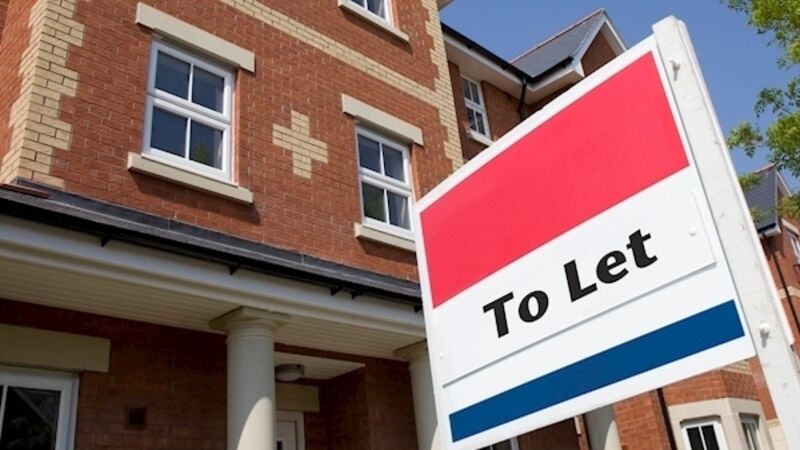Whose pensions could cover the cost of rent post-retirement, asks leading developer

A NEW 'HERD' mentality and political consensus in favour of an Irish house market of 50% rental/social housing, and 50% homes to buy, risks creating a new welfare state, and may leave tenants unable to afford rent when they retire.
That's according to one of the country's longest continuously-developing home builders, Michael O'Flynn: CEO of the O'Flynn Group, with a 40-year development track record, he is a vocal critic of current Government housing policy, saying "the current crisis needs to be treated as an emergency," as well as being critical of the Central Bank's macro-prudential lending guidelines.













